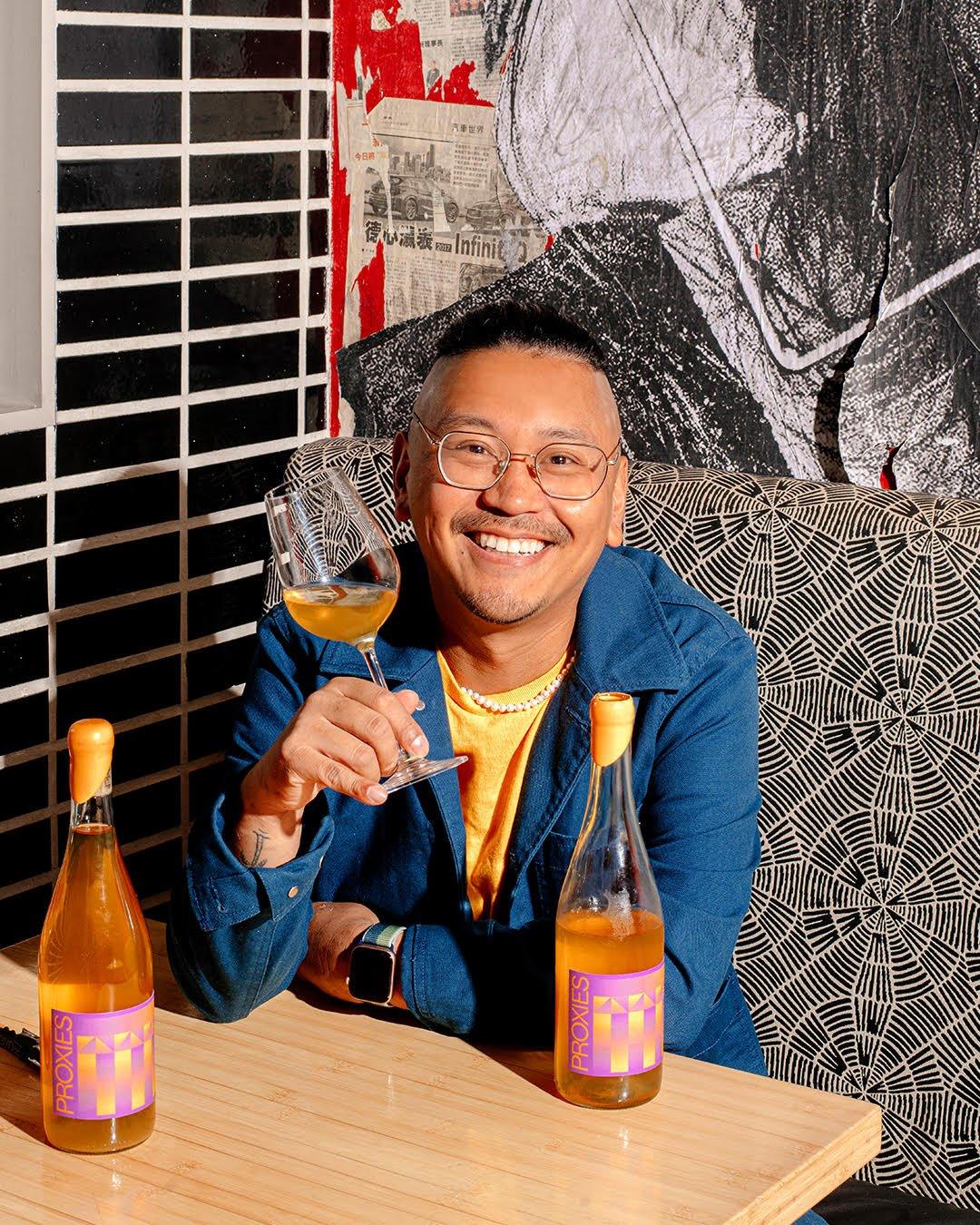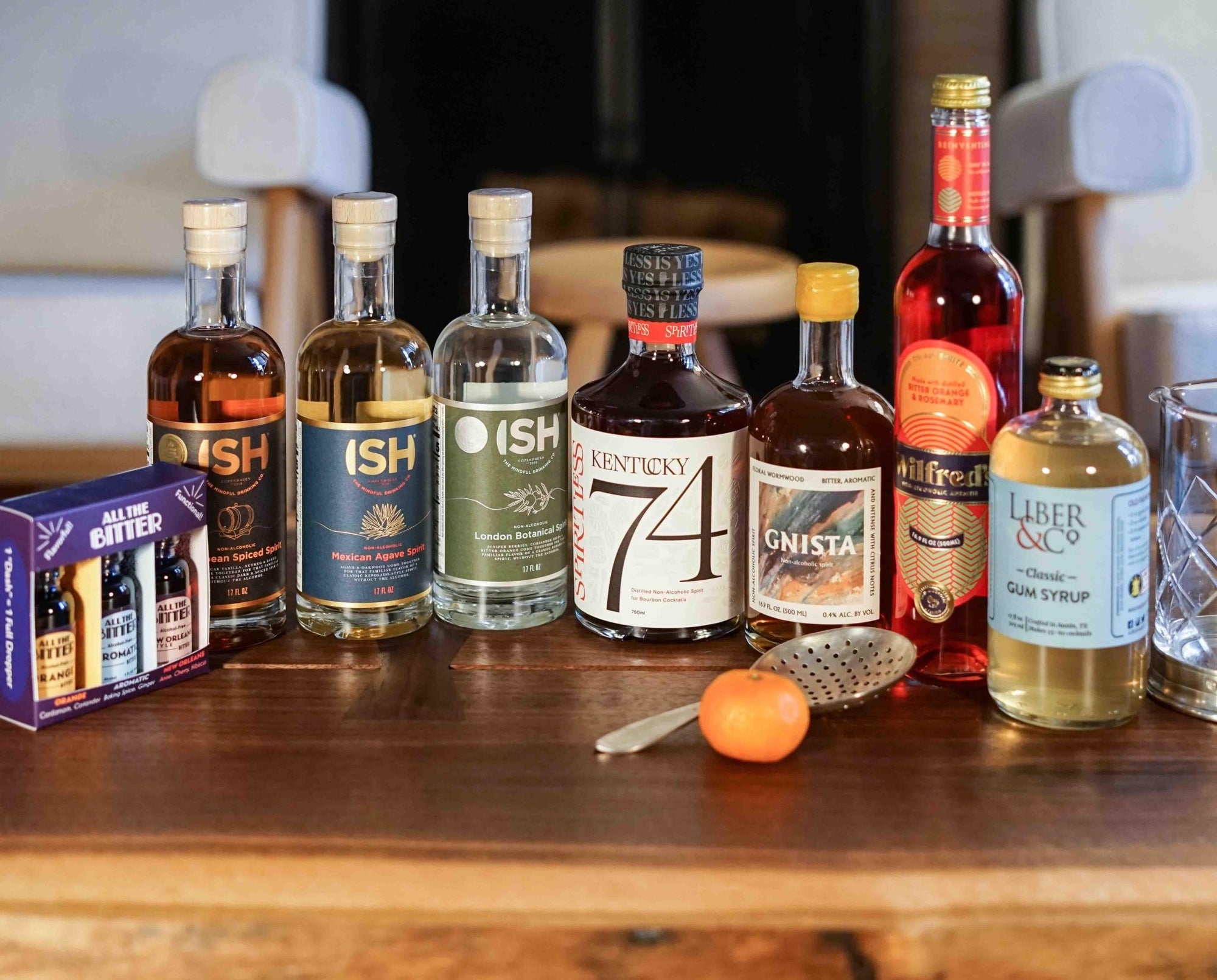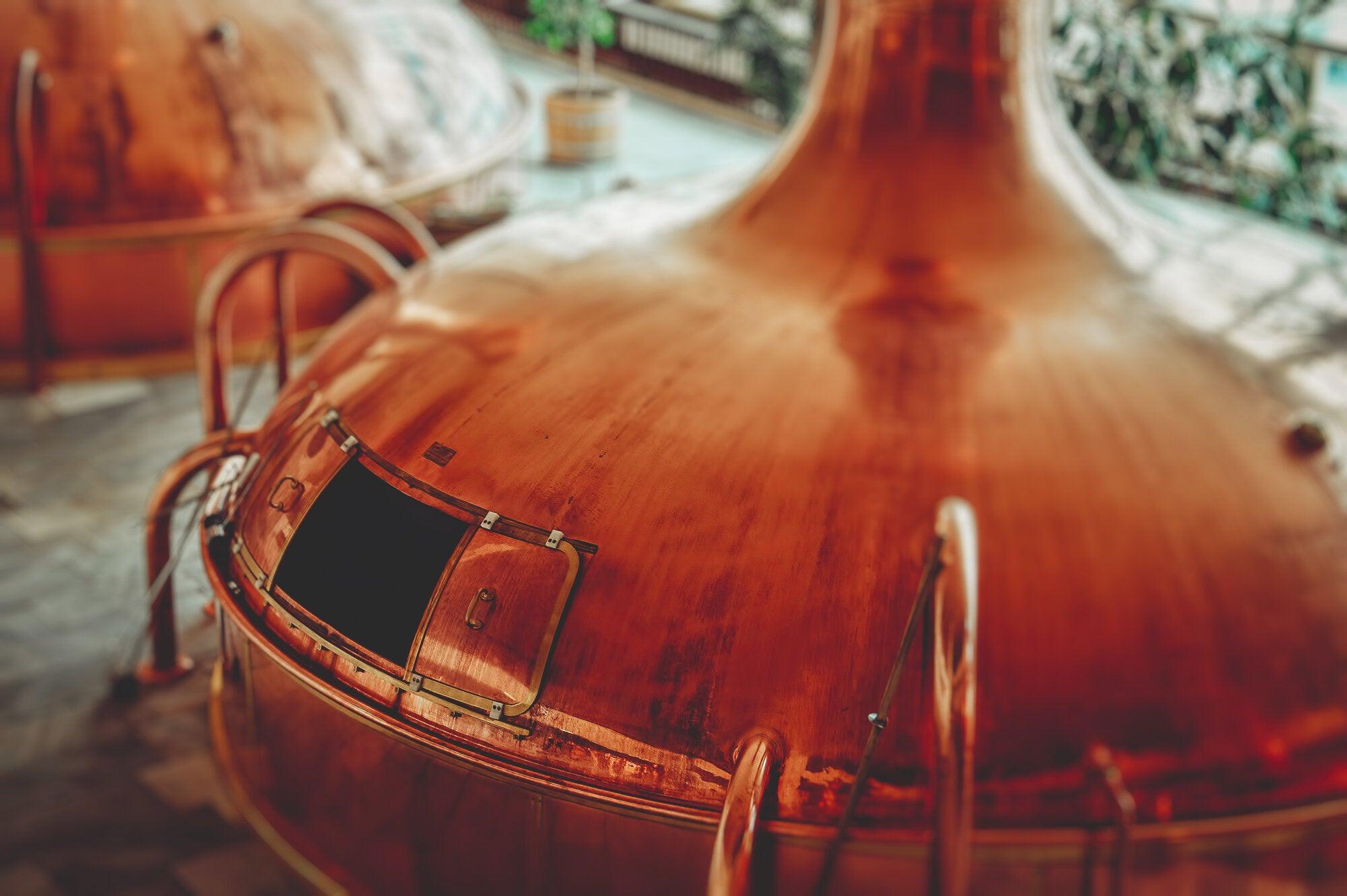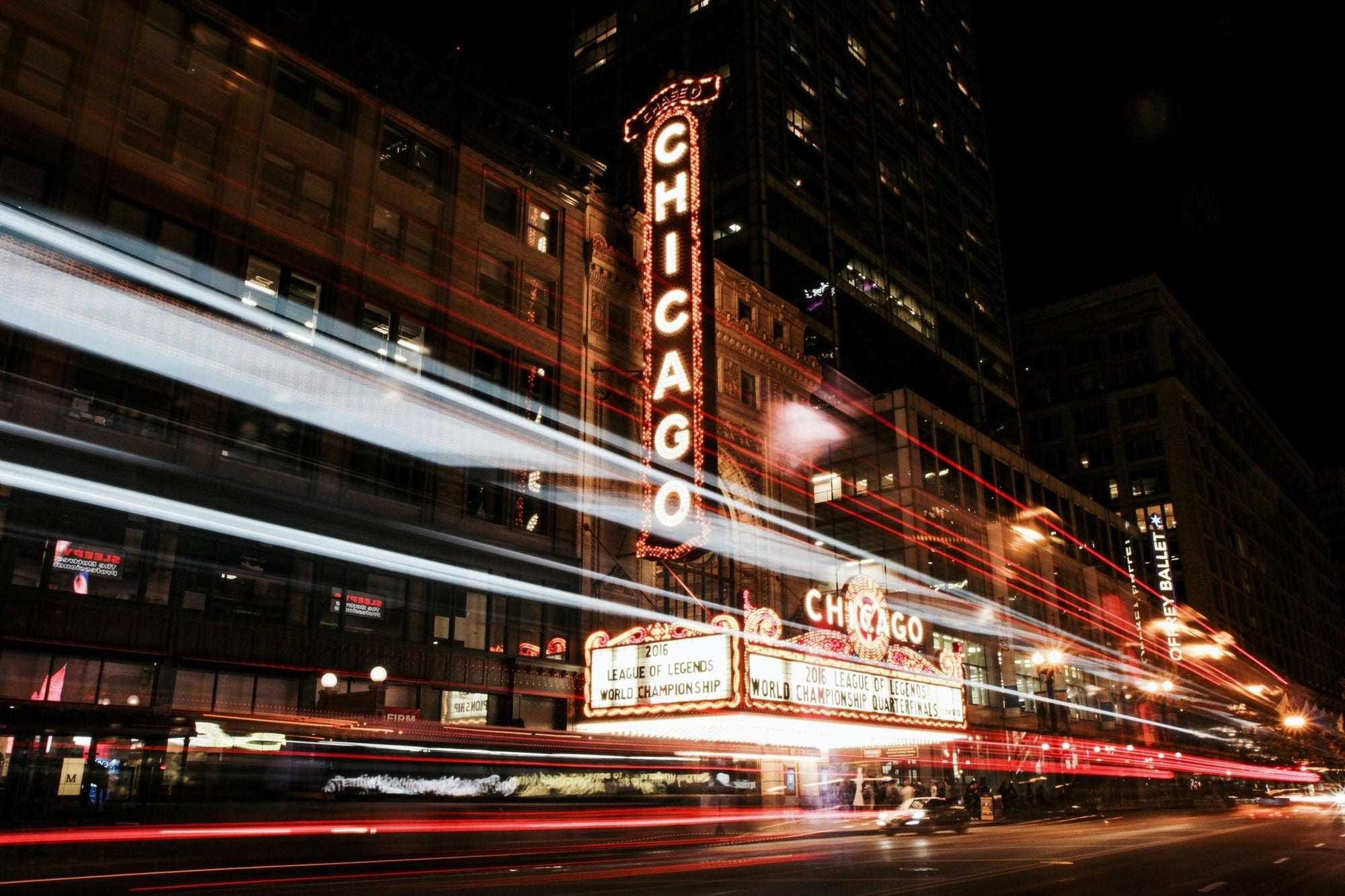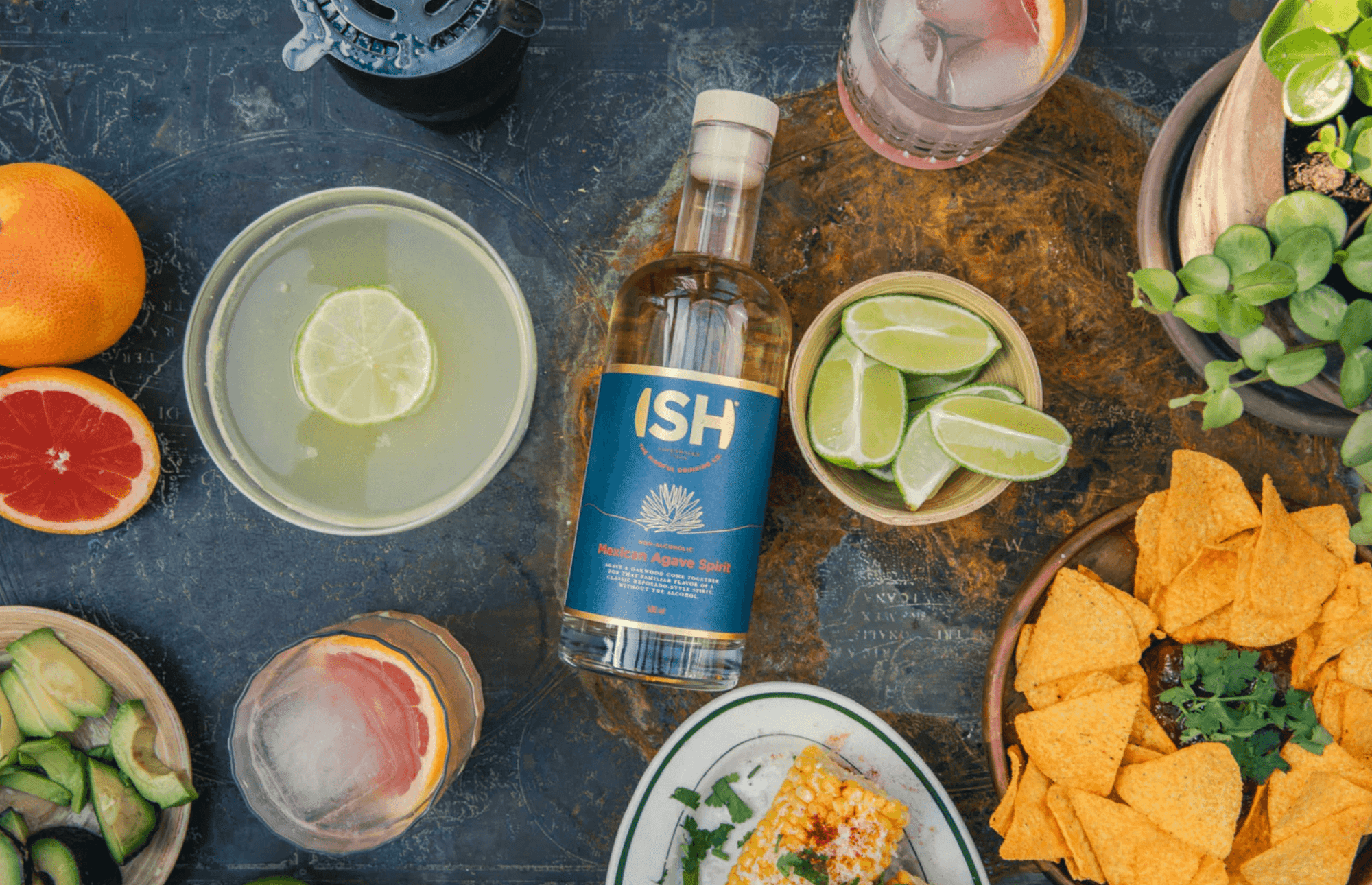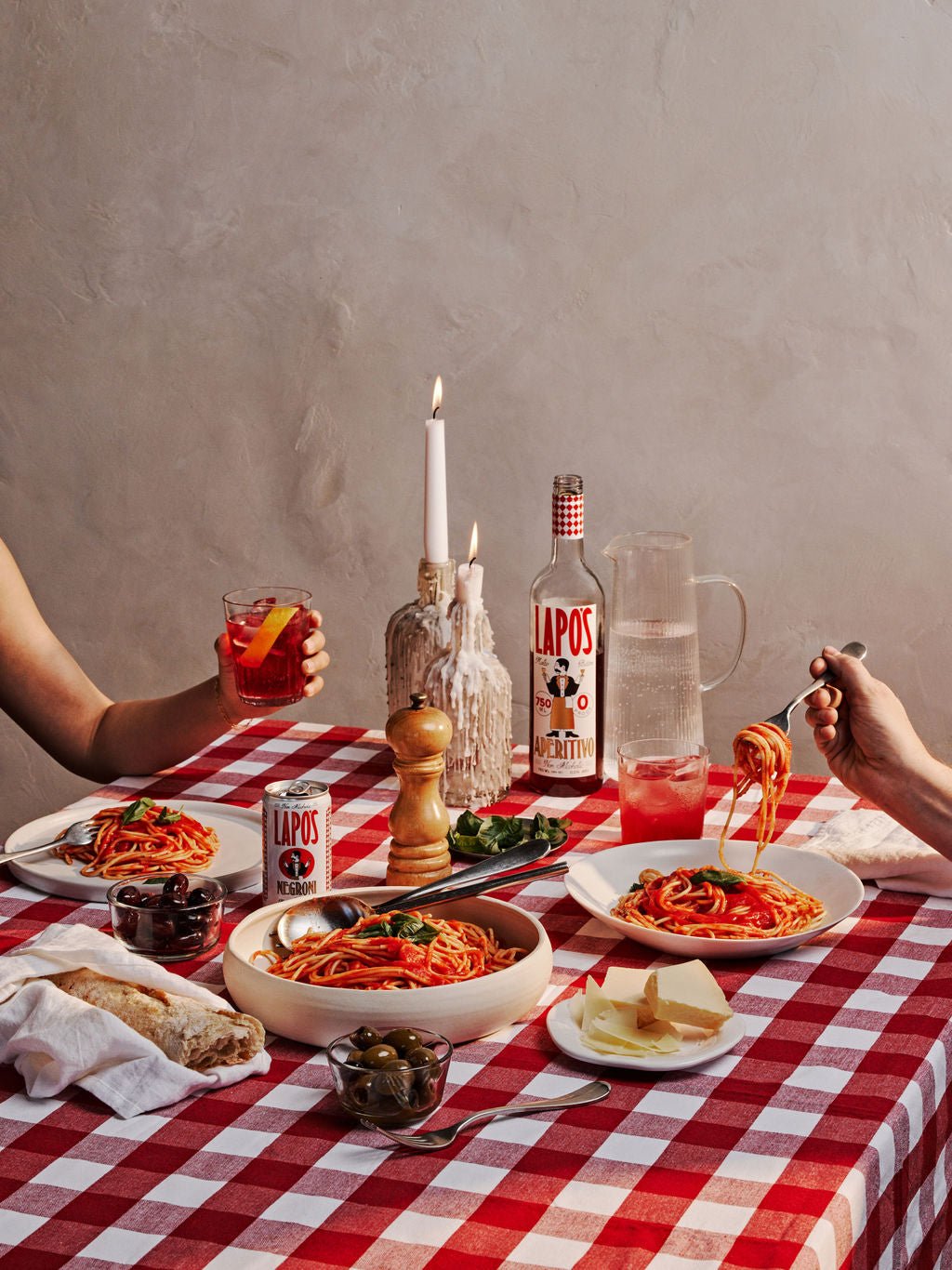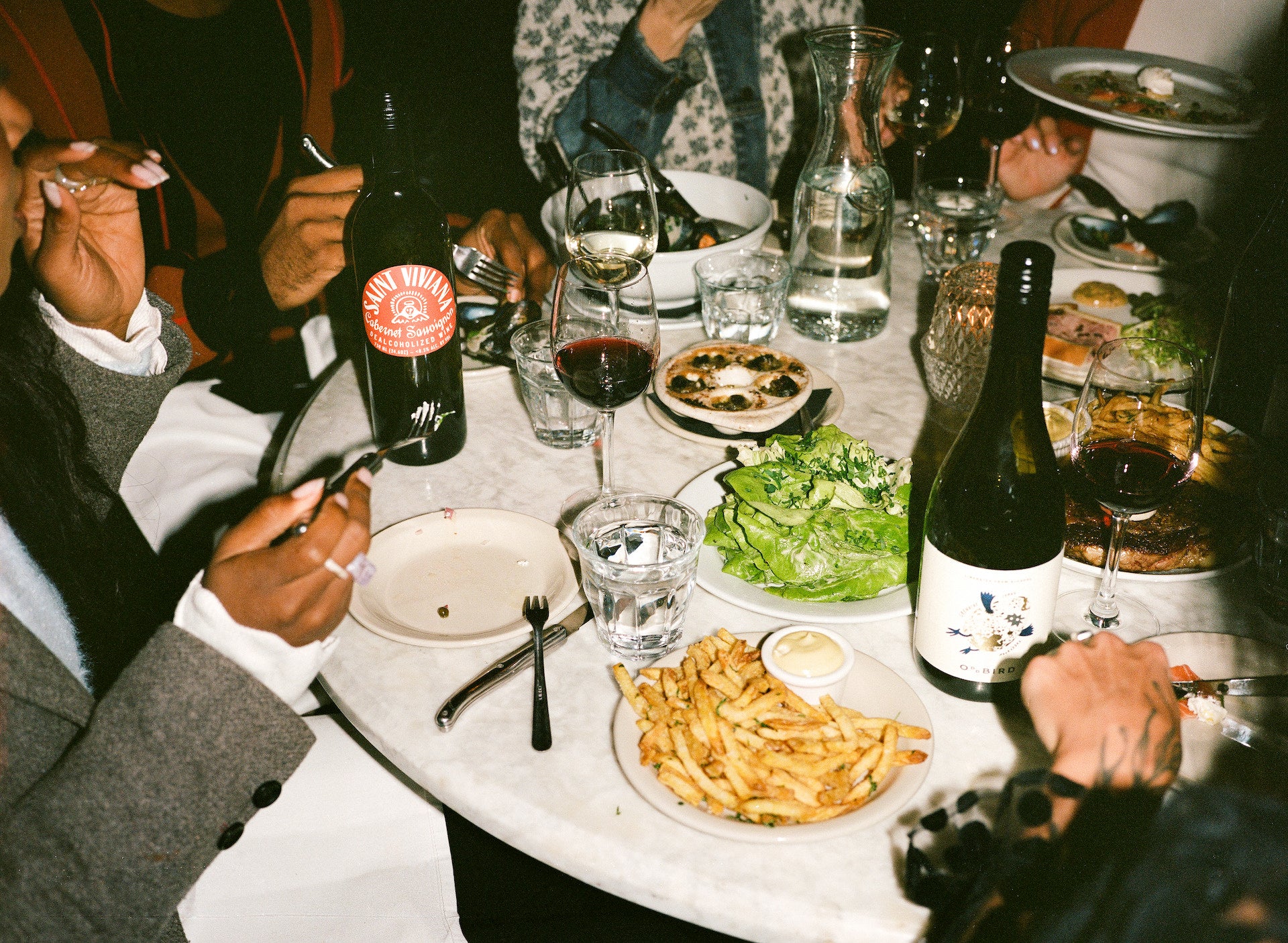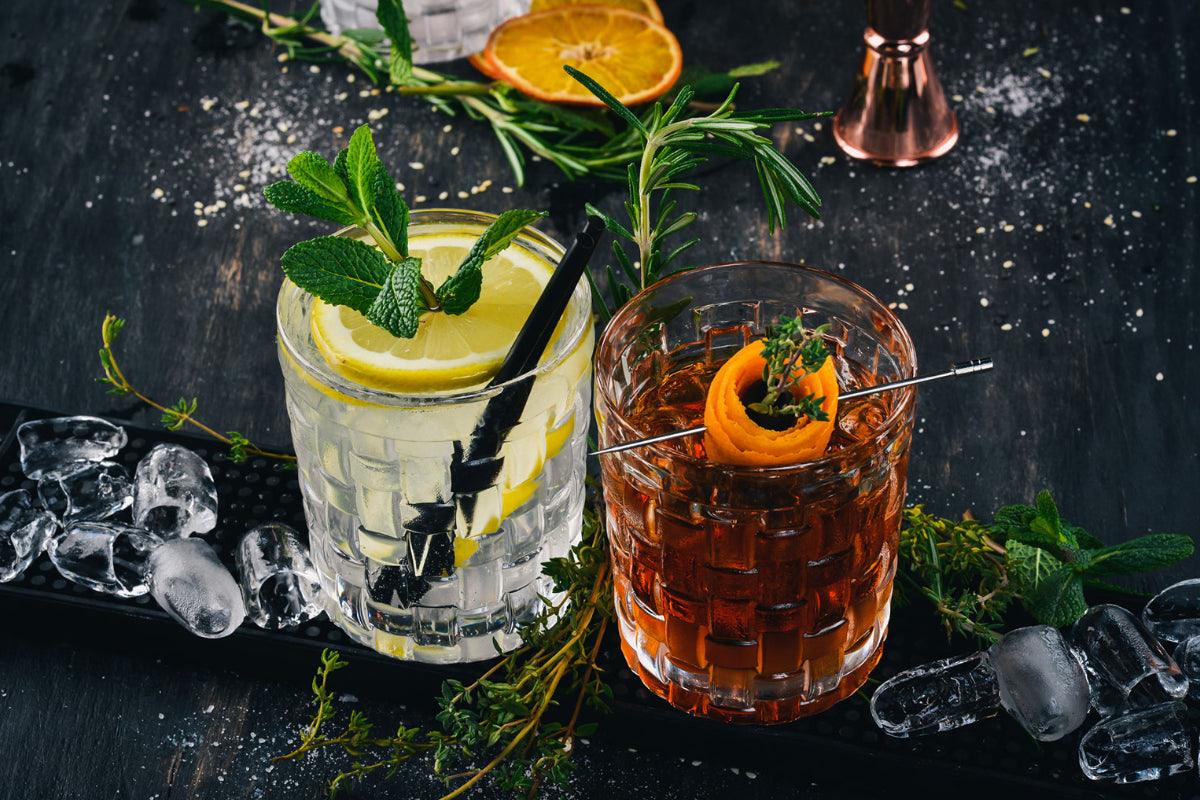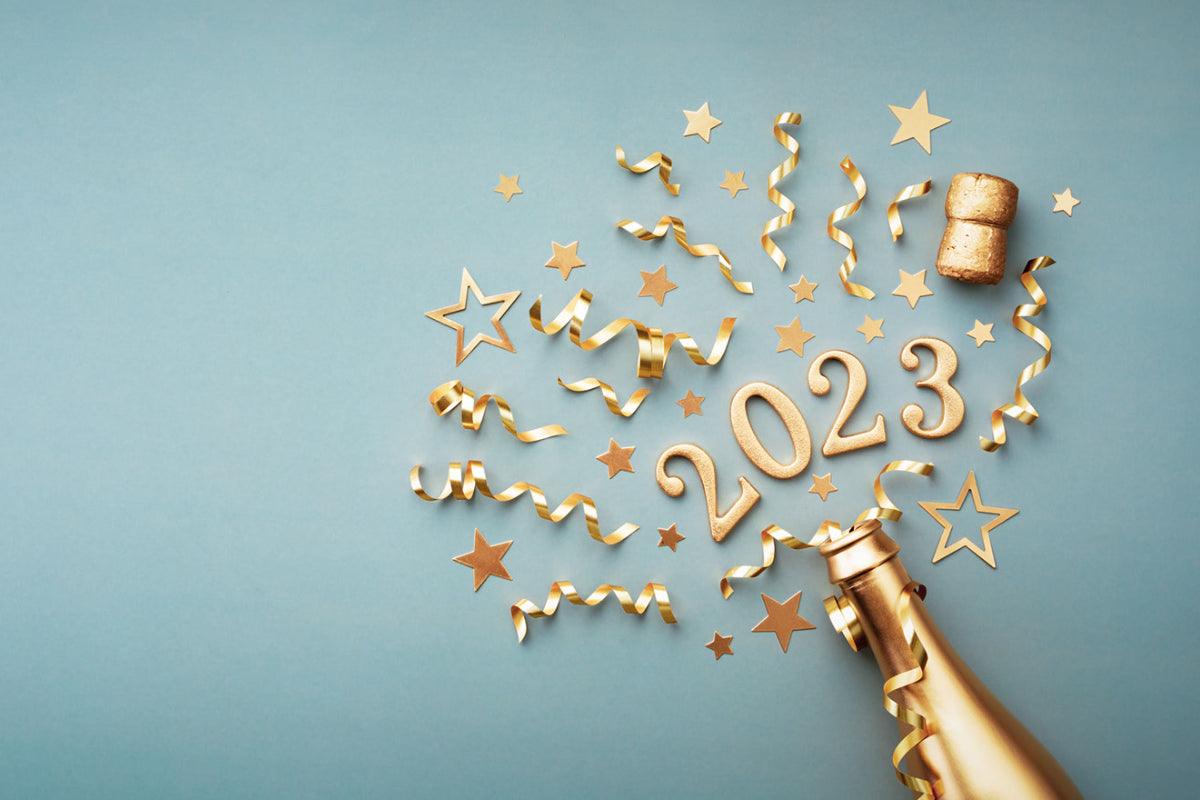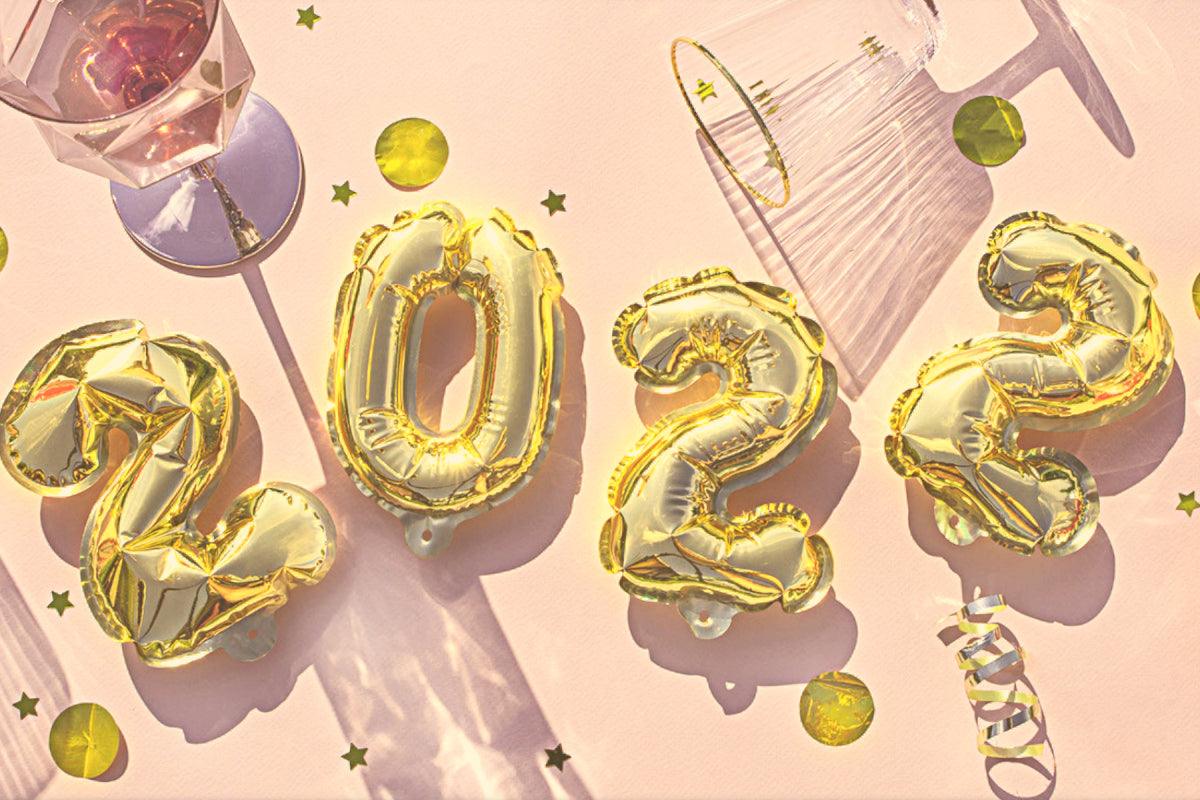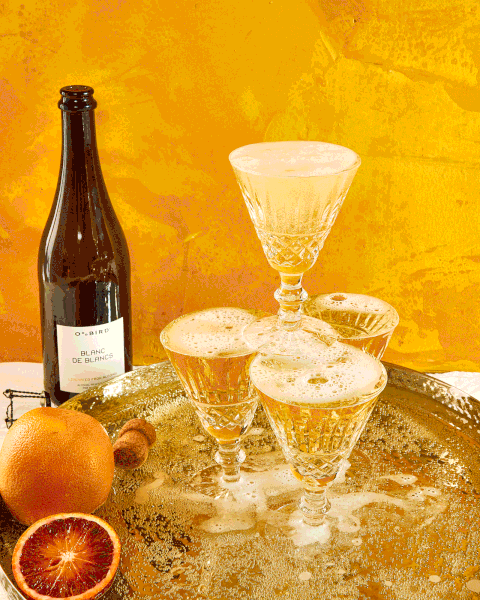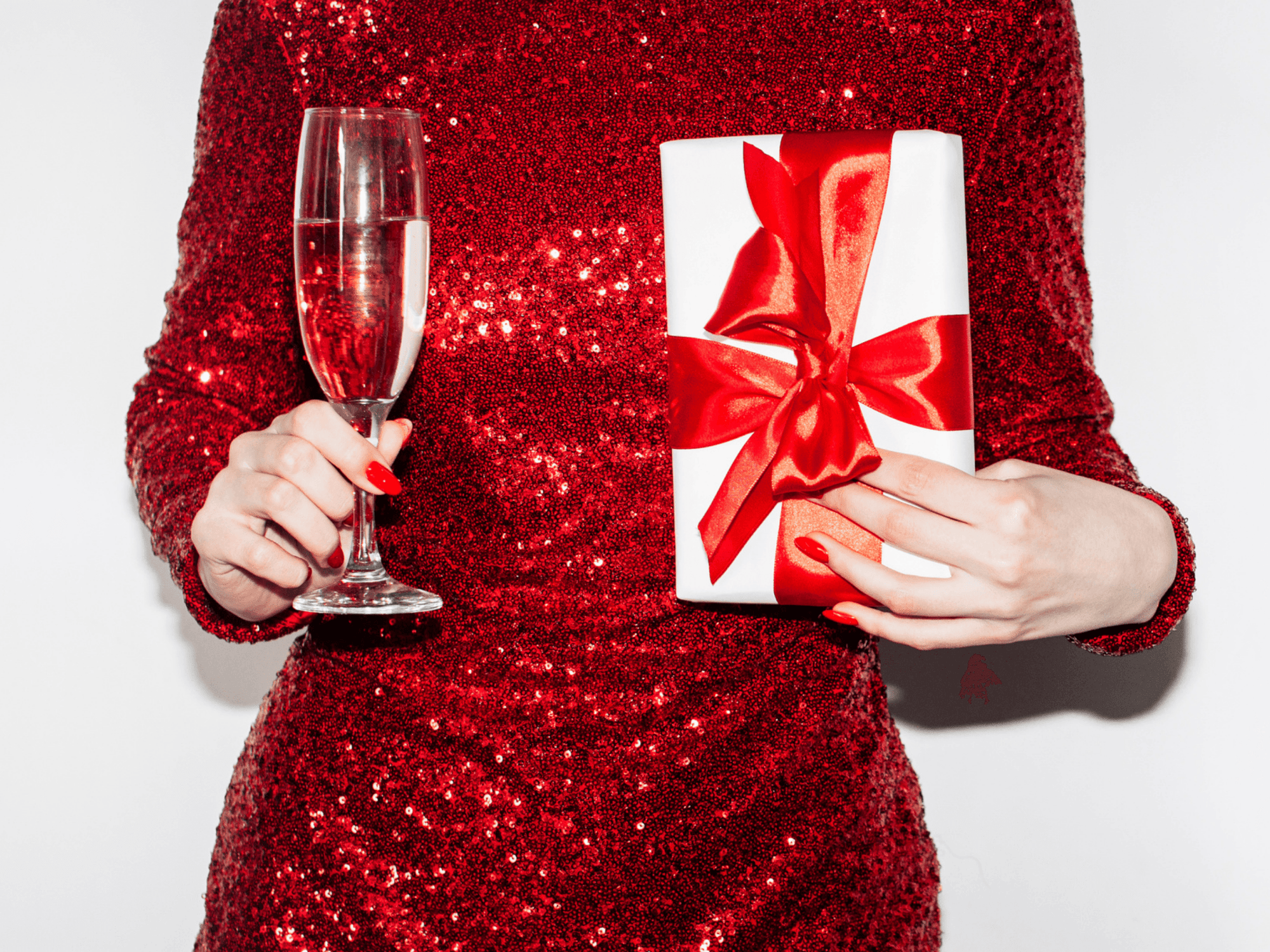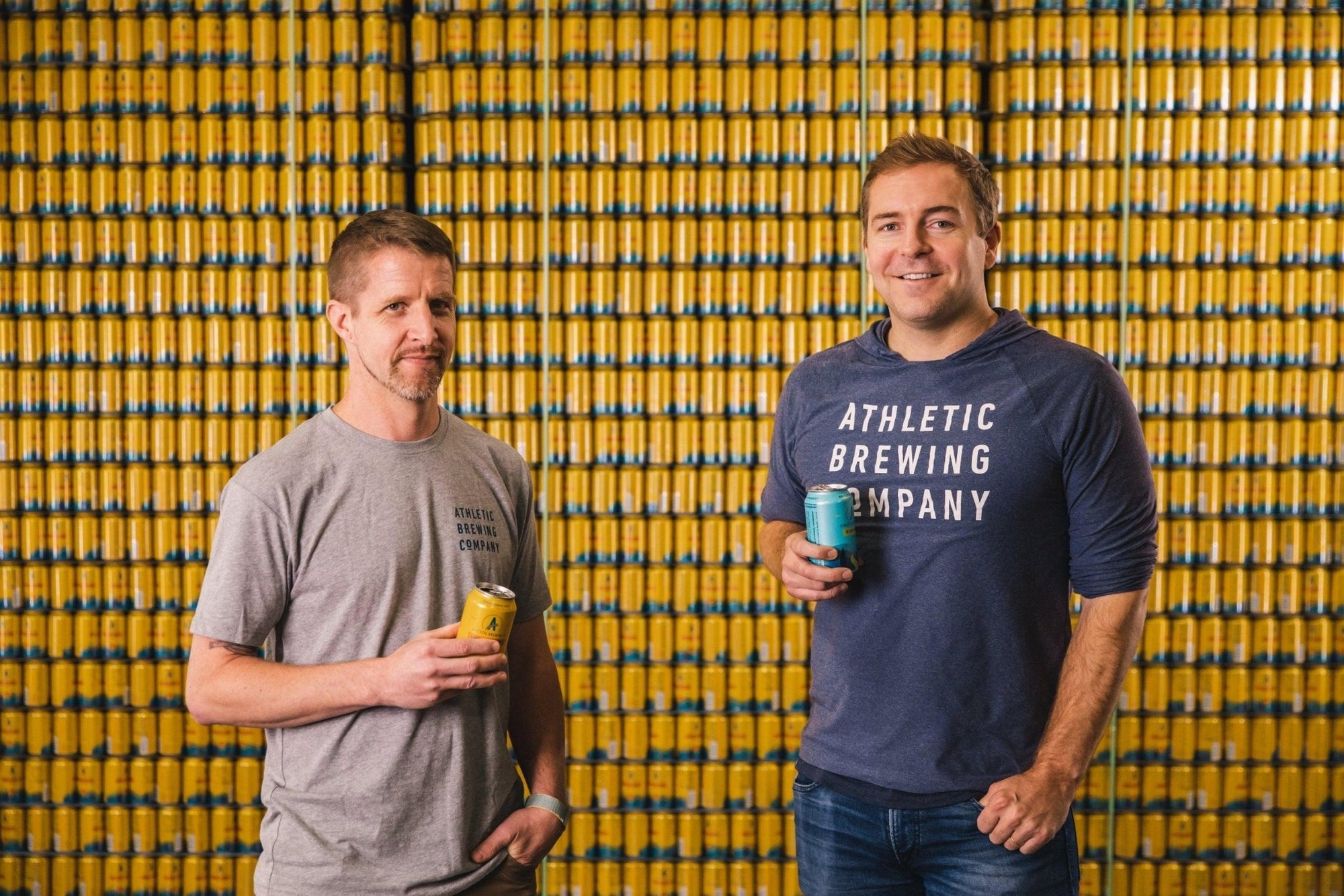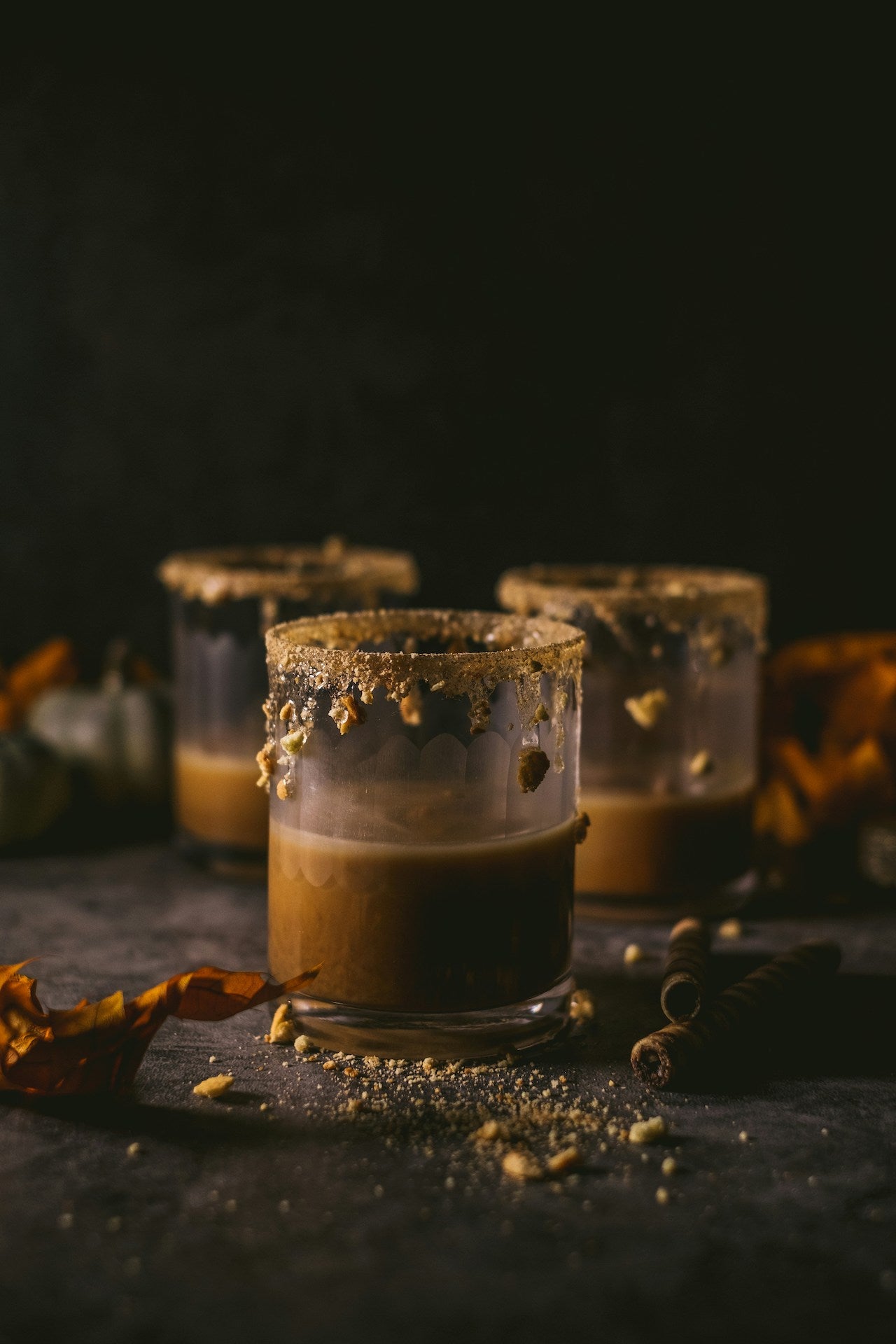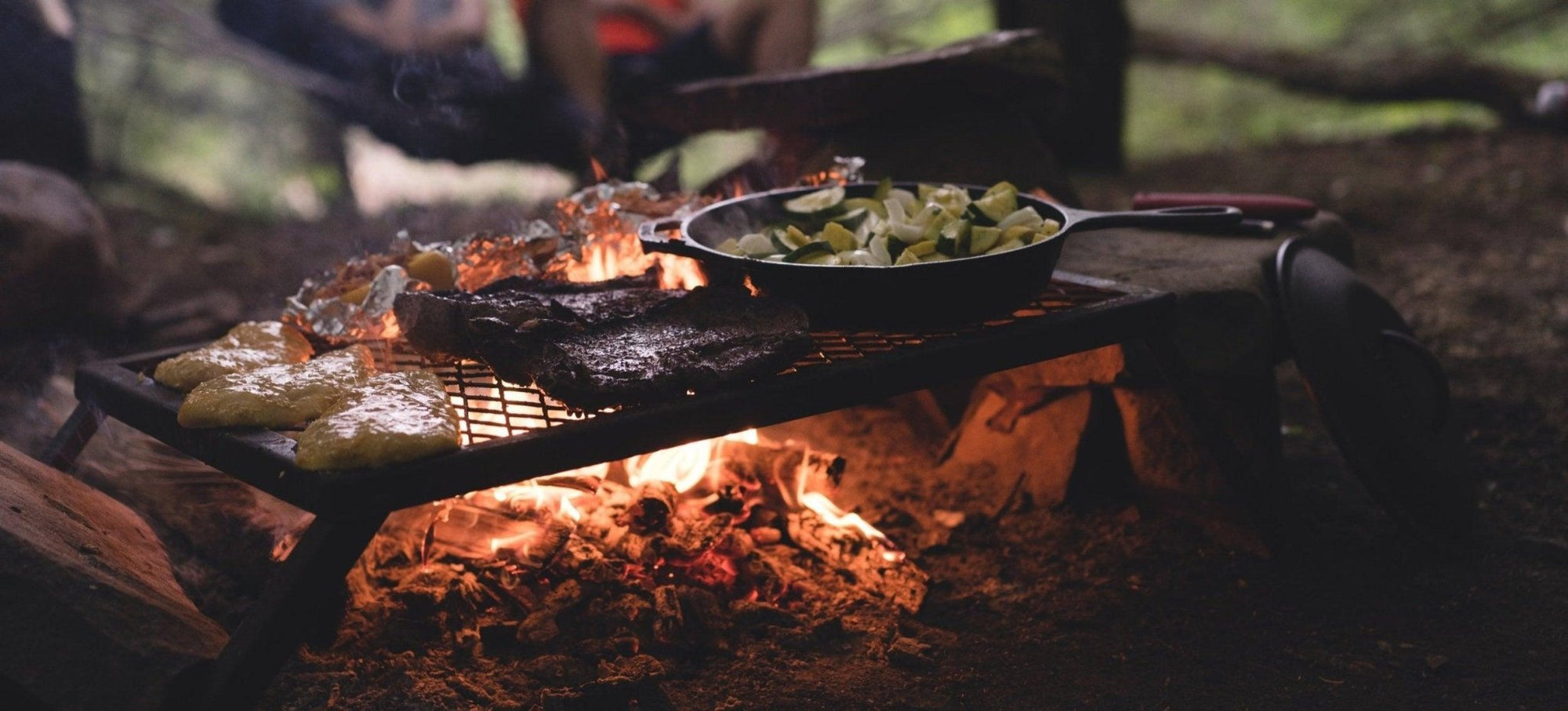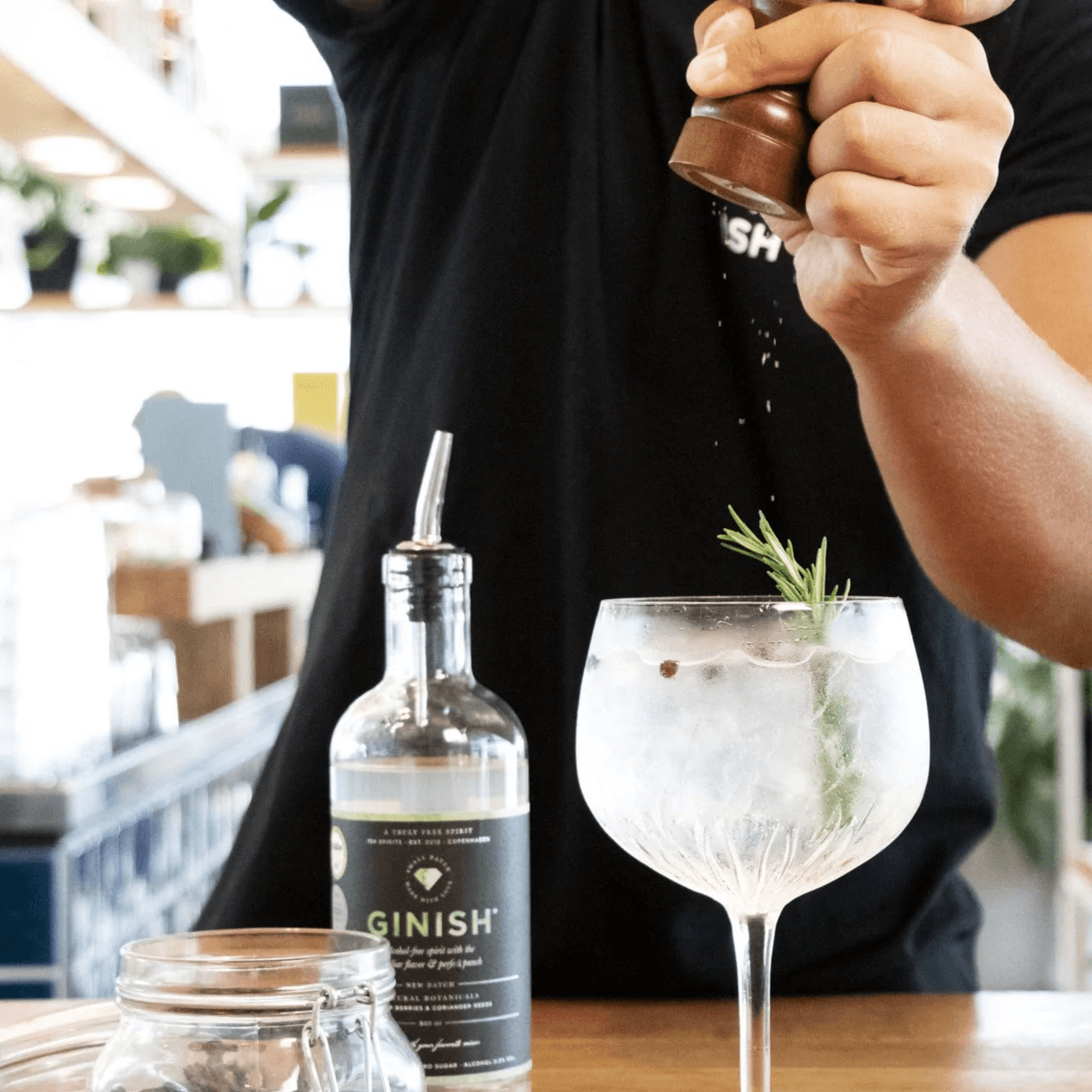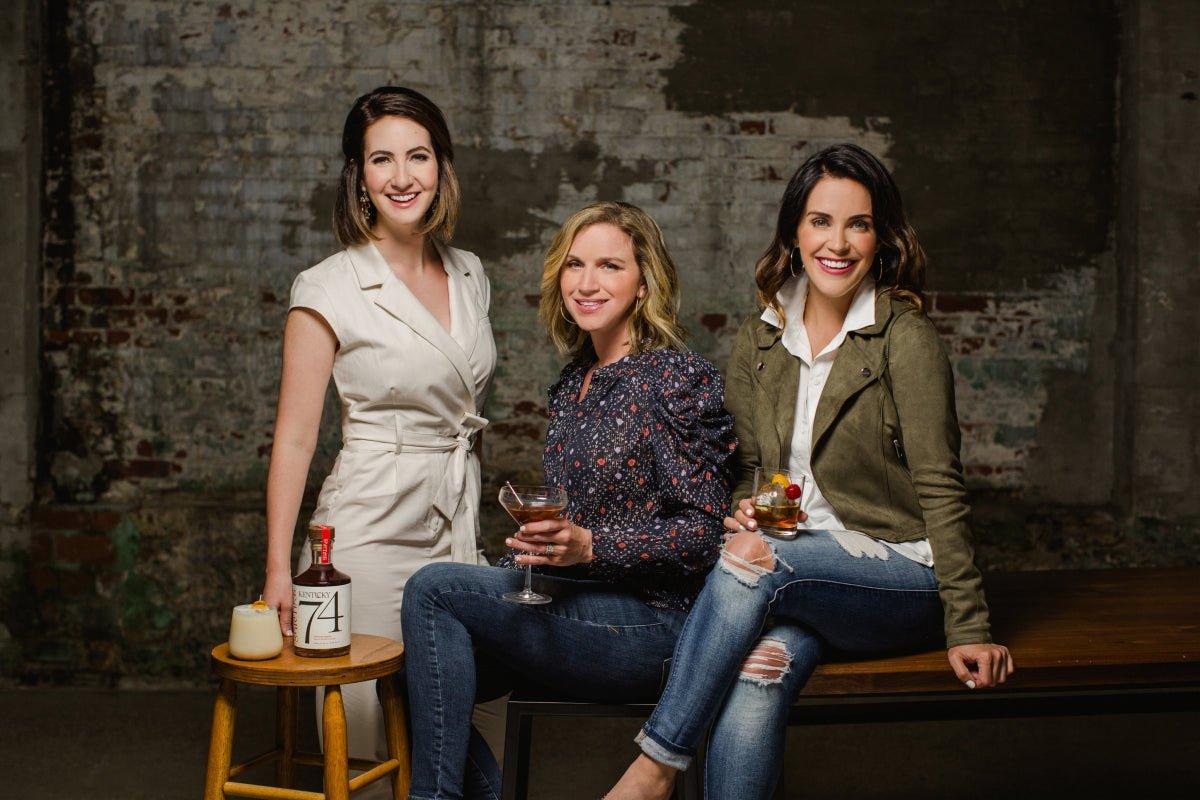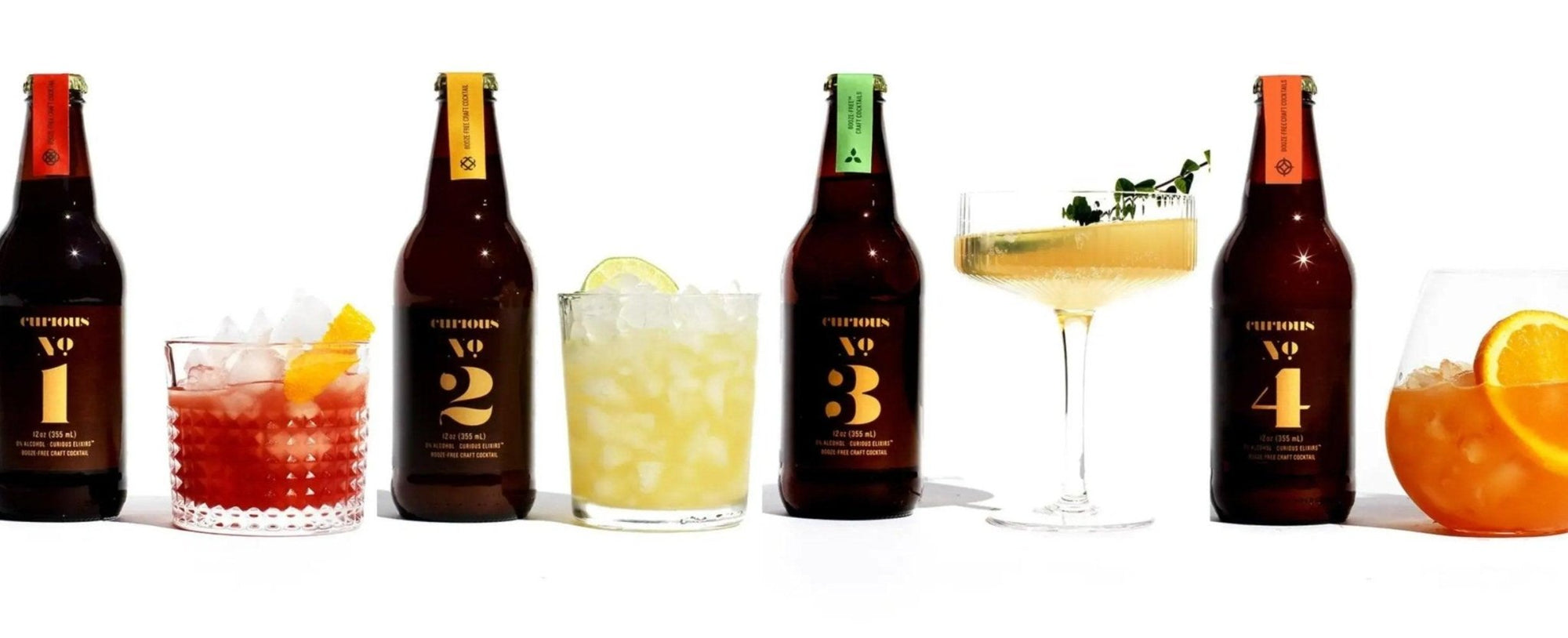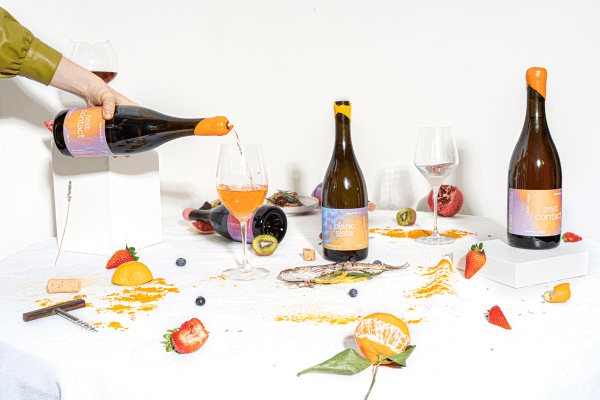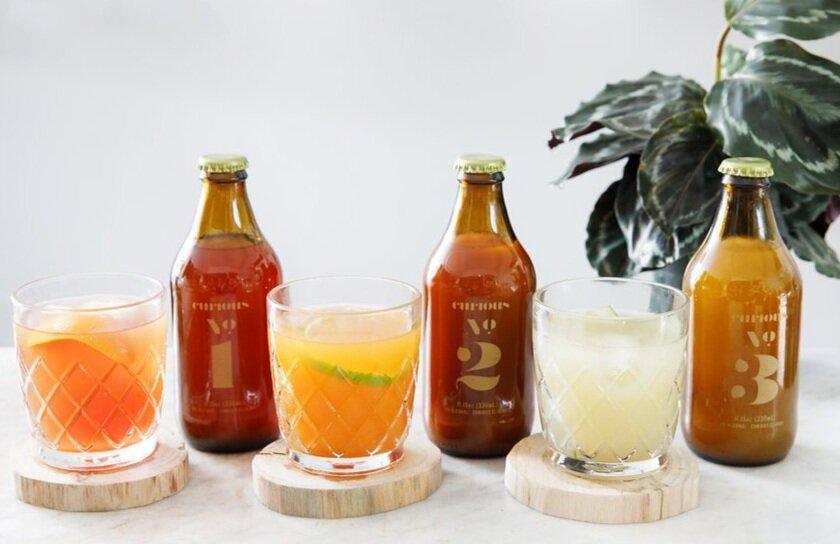Wölffer Estate Brings Vintage Quality to Non-alcoholic Rosé
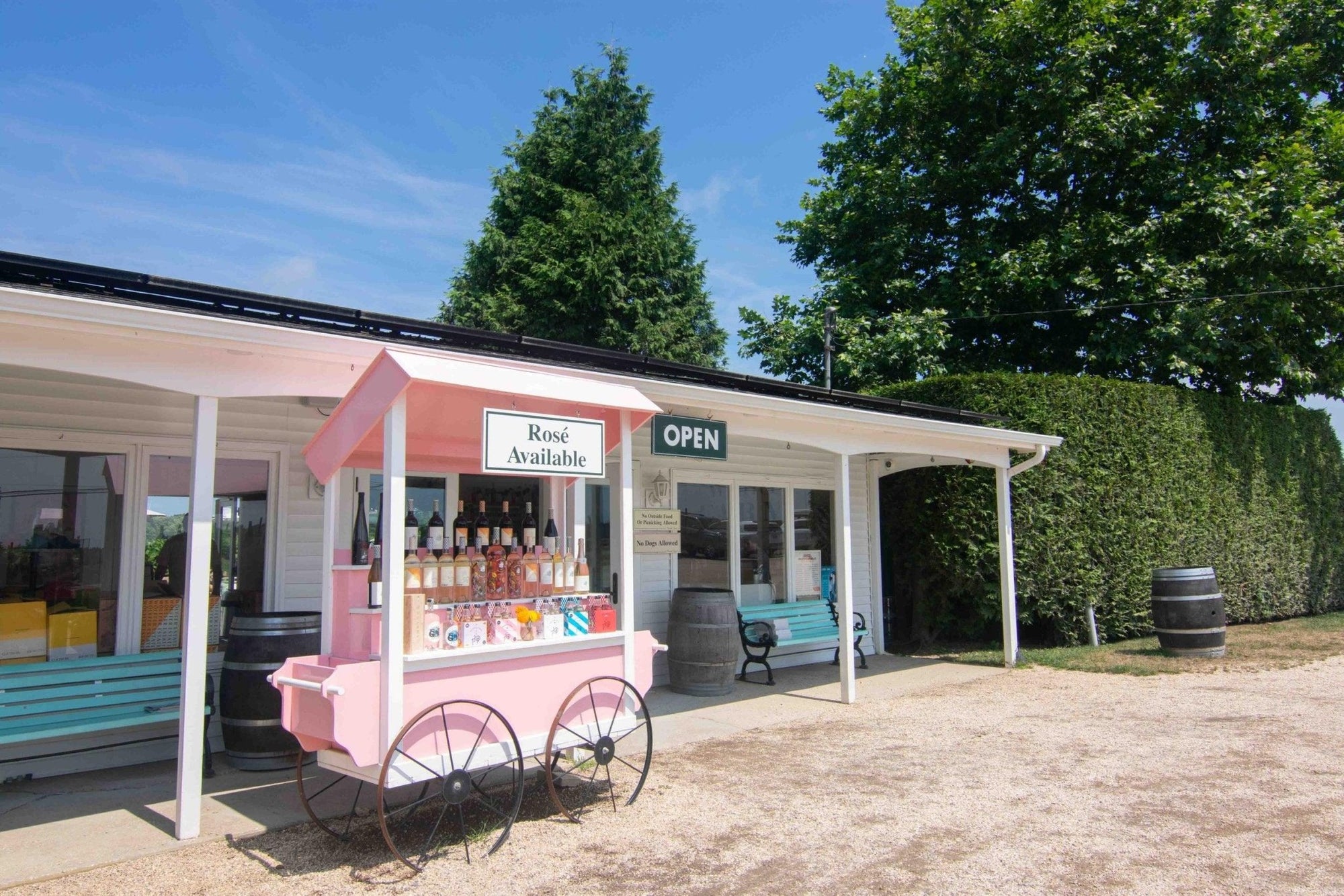
Editor's note: For clarity's sake, we have occasionally shortened the full names of Wölffer Estate's rosés in this article. "Summer" refers to the still, alcoholic rosé wine, Summer in a Bottle. "Spring" refers to Spring in a Bottle, the non-alcoholic sparkling one.
The summer playground of the rich and famous (and those who wish they were), the Hamptons on New York's Long Island has been the capital of rosé mania for more than a decade.At the vanguard of the rosé revival is local vineyard Wölffer Estate, who have once again beaten every other US winemaker to the punch, introducing an exquisite, non-alcoholic sparkling rosé as good as any alcoholic wine they make.
Called Spring in a Bottle, the pink bubbly is so popular that bottles have become almost impossible to find. One of Wölffer Estate's marketing team members said they spend hours a day replying to direct messages on the vineyard's Instagram account from people inquiring when it will be back in stock.
For Wölffer Estate, this cult-like devotion is far from new.
When the winery introduced an alcoholic rosé called Summer in a Bottle in May 2014, Vogue had just declared rosé the "drink of the summer." The dry, Merlot-based blend, lightened both in color and flavor by fruity, aromatic Gewürztraminer (among other grapes), was a runaway hit. The playful bottle decorated with an explosion of flowers and butterflies became the status symbol of the summer.
The only problem was there was nowhere to buy it. A small run of just over 1,530 cases of Summer completely sold out by the end of June. Unable to find the coveted bottle, wine drinkers and party planners started buying up cases of whatever rosé they could find. By Labor Day, most wine shops, restaurants, and even local vineyards were completely sold out. There was simply not enough rosé to celebrate the last weekend of summer.

New York Post headline from August 2014
The New York Post ran with the headline "Rosé running dangerously low in the Hamptons."
While those outside of a certain zip code and tax bracket quickly forgot (after a day of gleefully mocking the Post's headline on Twitter, of course), Hamptonites still invoke the Rosé Shortage of 2014 to justify hoarding dozens of cases every May. To try to meet the demand, principal winemaker and co-owner of Wölffer Estate, Roman Roth, says they have increased production every year since, releasing 100,000 cases of Summer in 2022. And the wine still sells out.
The popularity of their non-alcoholic rosé, Spring in a Bottle (which launched last year) has kicked off a whole new round of rosé panic.
"We brought the first container [of Spring in a Bottle] over and it vanished," Roth says. "Then the second container vanished. And now we're struggling to get two containers coming over at once! It shows you there is a market for it."
The swiftness with which Spring in a Bottle sold out, even before anyone had tasted it, was due in no small part to its association with its alcoholic predecessor.
"As we decided that we should introduce this [non-alcoholic wine], we were thinking about names," says Marc Wölffer, co-owner of the winery and son of Wölffer Estate's founder. "I love [the name] Summer in a Bottle, and I said maybe [this is] the small sister or the small brother-"
"And [Summer] had become a cult wine, too," Roth interjects. (They do this a lot, finishing each other's sentences and expanding each other's ideas.) "This was nice to lean [the non-alcoholic rosé] against the bigger brother and say, 'Well, let me ride along.'"
"Ride that wave," Wölffer agrees.
"And Spring in a Bottle is cool, rather than just calling it 'Wölffer Non-alcoholic Sparkling'... I mean how boring would that be?" asks Roth.
As soon as I heard about Spring in a Bottle, I had to taste it to see what the fuss was about. Only one problem: it was sold out absolutely everywhere, including Wölffer Estate's own online shop.
Finally, after several hours spent failing to track down a single bottle, I accept that the only place I am going to be able to try it is Wöllfer Estate itself. The vineyard holds back a few bottles to pour for customers at their tasting room and wine stand, to make sure visitors who aren't drinking alcohol can enjoy themselves as well as those who are.
On a sunny afternoon in August, I made the pilgrimage to Long Island's South Fork to taste Spring in a Bottle, and to talk to Wölffer and Roth about why such a well-respected, boutique winery decided to get into the non-alcoholic market.
The tasting room's outdoor patio overlooks row upon row of grapes, the cloudless sky above occasionally punctuated by tall evergreens like Van Gogh's cypresses. The sun's heat is tempered by a gentle sea breeze, and the light looks like that which drew the Impressionists to Arles and Saint-Rémy.

The view from the tasting room patio at Wölffer Estate
As we settle around an outdoor table by the vines and Wölffer orders a bottle for us, I look around at the customers who have already started to arrive before noon on a Tuesday. Several were dropped off by a small, chartered bus. Though the setting is more Provençal countryside than pop-star pool party, the tables are full of people in their 20s.
Roth realizes how unusual this is, and doesn't take it for granted.
"It's a winery's dream to have young people at the winery," Roth says, and I can hear the gratitude in his voice. "That's why we can do these kinds of things," like introducing a vintage quality non-alcoholic wine, "because we're not trying to teach the old Francophiles. They don't accept anything, because when you have 5,000 bottles from Bordeaux lying in your cellar, you don't want to like anything else."
Wölffer nods. "That's true."
Roth says that, so far, the market for Spring in a Bottle has been young wine lovers who still drink alcohol, but who want to be able to limit their intake or take a night off. "I'll have a great morning the next day- I can run a marathon if I want to!" he says by way of example.
Wölffer agrees. "It just makes a difference whether you had 3 glasses or 6 glasses (of wine)."
As Marc Wölffer tells it, the vineyard's origin is a Long Island dinner party his father, Christian Wölffer, attended in the early 1980s. After the host bragged about wine he had grown and made himself, he served everyone a glass. "My father drank it and- open and frank as he was- said, 'This is miserable. This is so terrible that I think you just persuaded me to go into the wine business!'"
Though the elder Mr. Wölffer passed away in 2009, the spirit of trying something new - even if they have no idea how to do it - lives on at the winery in their sometimes surprising creations. "There's nothing which Roman hasn't done," says Wölffer, listing ciders, apple wine, spirits, and even cheese Roth made to serve in the tasting room.
(Though the cheese was rated among the top 30 cheeses by the American Dairy Society, it had to be discontinued, a victim of its own success. "We made the food section of the New York Times, the front page of Long Island Newsday, so it was pretty cool. But we basically retired it," Roth explains, because writers covering Long Island's vineyards kept talking more about the cheese than Wölffer Estate's wines.
"Well, the day I retire, I go back to cheese making, I always joke..." he says, wistful.)

Grapes on the vine
This constant desire to improve on whatever he can is what drove Roth to create Wölffer's first non-alcoholic offering twenty-five years ago. In 1997, his wife made him read Florence Fabricant's article about verjus in the New York Times. Roth's curiosity was piqued.
"I'd never even heard of it before," he recalls, and he had to try it. "I bought the French one and the California one... The French one tasted like canned vegetables, and the Californian one tasted like acid water- it was nothing, it tasted like nothing! And I said, I don't know, I've never made it, but it can't get worse than these two!"
Seventeen years before Seedlip, Wölffer Estate was selling a non-alcoholic offering to fine dining restaurants in New York, right alongside their wine. Roth would sell it out of the back of the van while making wine deliveries to chefs at restaurants like Jean-Georges and Daniel. With no idea if there would be any interest, Wölffer Estate bottled just 32 cases of verjus the first year.
They needn't have worried. The tart pressing of unripe grapes was celebrated among restaurant professionals, not just to grace diners' meals, but to drink. Chefs who didn't drink would mix it with seltzer to make refreshing spritzes.
Inspired, Roth convinced Wölffer they should bottle a ready-to-drink version and sell it themselves. Pale pink and dressed in the same florals as Summer in a Bottle, Wölffer Petite Rosé Verjus debuted in March of 2019. Once again, people loved it. Writing in Edible East End, Hannah Selinger called it "Lively. Refreshing. Ruthlessly charming."
The popular spritzer might have been Wölffer Estate's only non-alcoholic "rosé", if Marc Wölffer had not spent much of the next year unable to go outside. He was at home in Berlin, where he spends most of the year and where his children attend school, when COVID lockdowns began. Under Germany's very strict lockdown rules, "all you did was drink and eat," he says.
After a long summer of isolation, he and his wife were looking to change some of the indulgent habits they'd picked up. That autumn, they met up with some friends who brought a non-alcoholic sparkling wine along with them. Wölffer was surprised by how much he liked it. He went home and immediately started researching, ordering dozens of bottles online. "We bought every non-alcoholic sparkling wine you could get in Europe."

Spring in a Bottle
Tasting his way through 20 or 30 bottles, he found his favorite: an organically grown sparkling rosé from a family owned vineyard, that was based on Merlot just like Wölffer's beloved Summer in a Bottle. The kismet was impossible to ignore.
"I think we have to bring this to America, and sell it under our brand," he recalls saying. "I think it has huge potential."
Wölffer, of course, was right. The winery is waiting for their third vintage to arrive, this time with twice as much as the previous order. But don't expect it to taste exactly like the one you've already tasted (if you happen to be so lucky).
"Every year's a little different," Roth says. "It's not just wine by numbers."
"It's an agricultural product. It's important that not every year it tastes the same," adds Wölffer, as an ice bucket bearing the coveted Spring in a Bottle is delivered to the table.
Wölffer pours a taste for Roth and me, then one for himself. They lift their glasses, and I almost miss their toast for how eager I am to try the glittering, fuschia liquid. After a quick clink, the three of us lift our glasses to our noses. The sultry honeysuckle and peach aromas are so gorgeous I close my eyes and take another deep inhale before tasting. Juicy, perfectly ripe peach opens into a burst of raspberry, strawberry, tart champagne mango, over a grounding foundation of Bartlett pear. My tongue is wrapped in a blanket of tiny bubbles as dense and silky as fine velvet. Soft but distinct tannins close in as I swallow, narrowing to a long, crisp, mineral finish. It is quite possibly the best rosé I've ever tasted.
Not the best non-alcoholic rosé. The best rose.
Roth explains that making a non-alcoholic wine with this fresh, high acidity that makes a good rosé so drinkable is a two step process. The first is an art: choosing a specific blend of grapes that will hold up to the de-alcoholization process.
The second is pure science.
Once fermented, the alcohol has to be boiled out of the wine. For this crucial step, the makers of Spring in a Bottle use a cutting edge vacuum distillation that heats the wine to a mere 77º Fahrenheit (25º Celsius). For comparison, most de-alcoholized wines are heated to anywhere from 86º to 113ºF (30º to 45º C).
The unusually gentle treatment means the wine's flavors remain intact, rather than burned off along with the alcohol. "That's why it's so fruit driven, why it tastes like an extra brut style sparkling wine," says Roth. "It gives you this fresh feeling, this tightness, it's not syrupy or sweet."
"If it becomes too sweet," adds Wölffer, "It just loses the elegance. It loses the seriousness."
Wölffer Estate's considered approach to non-alcoholic wines will future proof the winery for a third generation of Wölffers- good news for Marc's son, who will be apprenticing with Roth in the fall. When I tell them that 30% of Gen Z-ers who can legally drink alcohol choose not to, they are surprised, but unbothered by the statistic.
Wölffer leans back and smiles. "Perfect, perfect. I think you always have to stay innovative, and you have to listen to your customers. I think if you're able to offer them something, which is maybe outside the box, but which fits whatever they're looking for? It's ideal."
Roth nods. "There's a German saying, don't rest on your old laurels," he muses. "That's an old hat, and yes you can ride that for a long time, but you become stale and you become afraid of innovation. You become trapped. I see this in Europeans- 'Oh, my grandfather already knew how to make the best, what are you whippersnappers going to tell me?' You're in this habit and it's very hard to be innovative. With climate change, for one thing, you have to be flexible." He pauses. "We are flexible Germans, I always say."
Wölffer throws back his head and laughs. "Extremely flexible," he agrees.
Given the delight these two take in upending expectations, I expect Wölffer Estate will not only expand their production of non-alcoholic wine, but will challenge other producers to catch up to their quality. With any luck, we'll be invoking the 2024 Non-alcoholic Rosé Shortage, as we stock up on a case or two (or twelve), knowing that whatever zero-proof rosé we're buying was made better by their influence.

